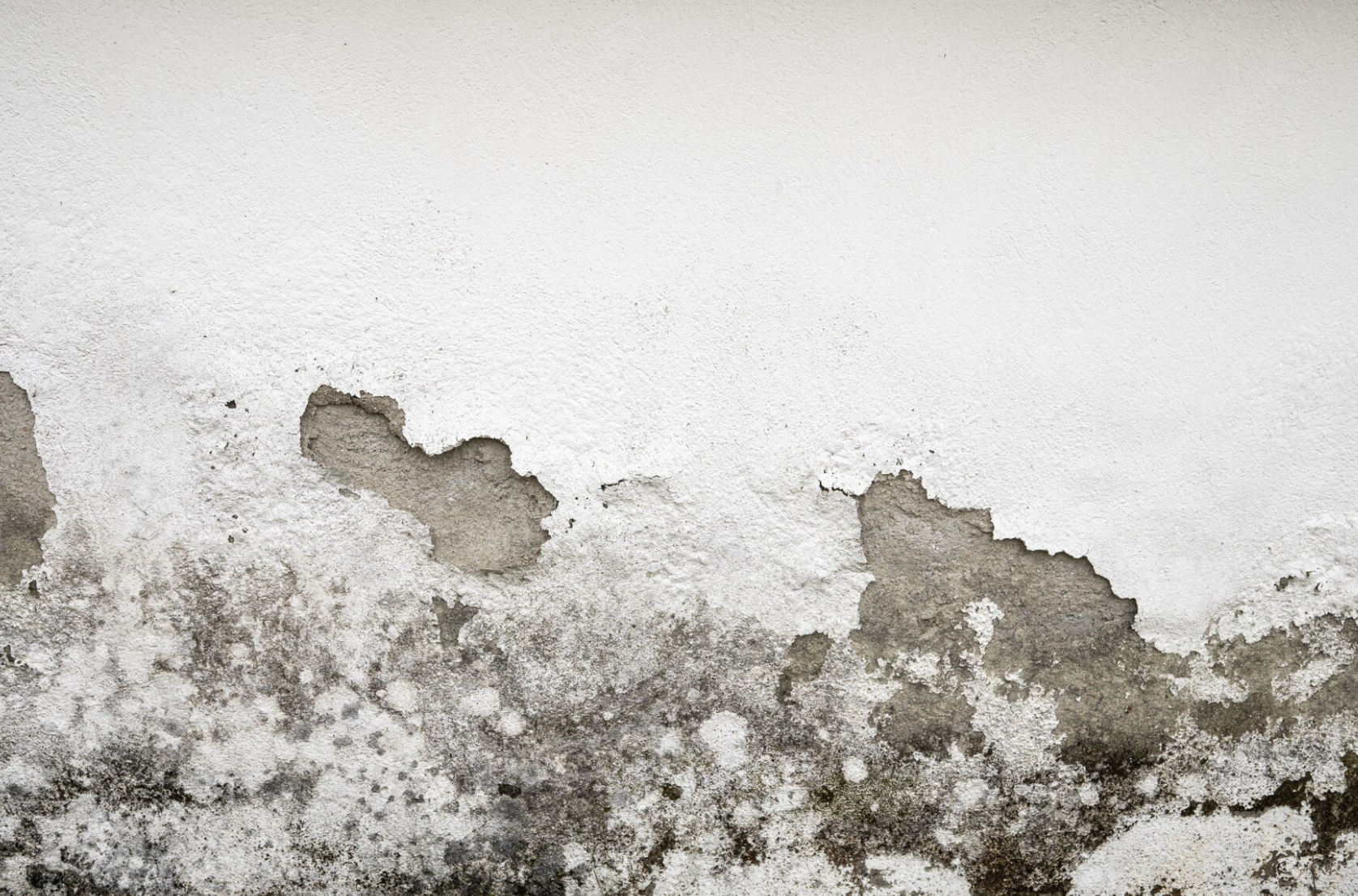.button {
background-color: #1c87c9;
border: none;
color: white;
padding: 20px 34px;
text-align: center;
text-decoration: none;
display: inline-block;
font-size: 20px;
font-family: verdana;
margin: 4px 2px;
cursor: pointer;
border-radius: 20px
}
.button2 {
background-color: #06A8E2;
border: none;
color: white;
padding: 20px 34px;
text-align: center;
text-decoration: none;
display: inline-block;
font-size: 20px;
font-family: verdana;
margin: 4px 2px;
cursor: pointer;
border-radius: 20px
}
FUNGAL CULTURE
We analyze viable spores from Air, Bulk, Dust, Swab and Rodac contact plates for mold speciation. Instead of using one type of culture plate for recovery, as most laboratories, we use a combination of three types for the best possible recovery of spores that may be present in the indoor environment. These plates types include MEA 2%, DG18, and Cellulose agar.
Malt Extract (MEA) is considered a general recovery agar, although it is poor at recovering many of the dark colored fungi that commonly inhabit the indoor air. Most of these type of fungi are reported out as Sterile Dark or Sterile Mycelium. Stachybotrys grows very slowly on MEA and is not often recovered if large numbers if other types of fungi are present.
DG18 is used to recover species of Aspergillus and Penicillium. There are approximately 400 species of these two genera, many of which can be recovered in the indoor air, carpet and HVAC systems.
Learn More About Mold Speciation
Cellulose Agar is primarily used to recover the dark colored fungi that commonly inhabit the indoor environment. The fungi of interest that grows very well on Cellulose is Chaetomium globosum, which is a major indicator of water intrusion. It is also commonly recovered with Stachybotrys chartarum. Unfortunately, Cellulose, which is primarily used to recover Stachybotrys, does not provide for rapid recovery or accurate numbers. Fungi that do grow well on Cellulose Agar include Alternaria, Bipolaris, Curvularia, Epicoccum, Pithomyces, Chaetomium, Aspergillus fumigatus and Aspergillus terreus.
The numbers and identifications that are reported to the client come from the combination of the above named agars.
Phone and On-Line Consultation
We are available to you for phone or on-line consultation at no additional cost, to assist you when solutions for the mold analysis findings are not apparent. You may reach both our remediation specialists and lab microbiologist below.

